Breitbart Business Digest: We’re on the Cusp of a Historically Long Inflation Surge
We are in serious danger of entering a historically anomalous era of prolonged inflation.
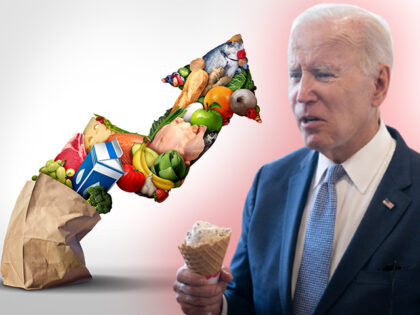
We are in serious danger of entering a historically anomalous era of prolonged inflation.

Americans pulled back on shopping after their big Christmas shopping spree, especially on big purchases that are typically financed with borrowed money. Retail sales fell 0.8 percent in January from a month earlier. Economists had forecast a milder 0.1 percent

The surge in retail sales threatens to upend predictions that the Fed could start cutting rates as early as March.
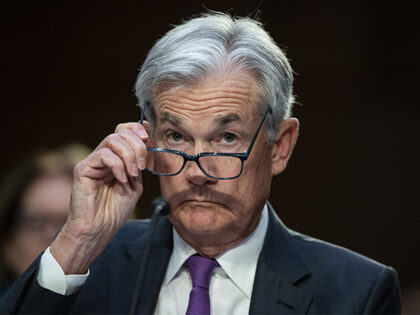
Retail sales were much stronger than expected in November, boosting hopes for a strong holiday shopping season.
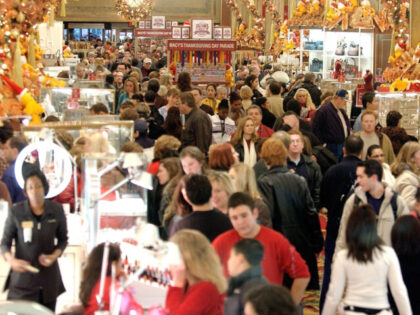
The American consumer is rushing into the end of 2023 in high spirits—in part because they like how next year’s election is shaping up.
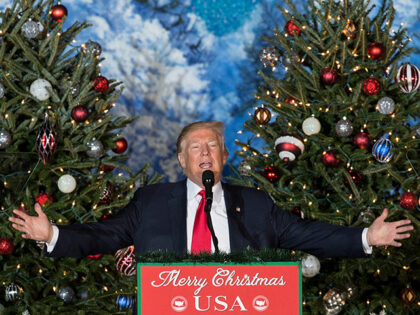
Christmas came early for many consumers in the U.S. this year, and that may have created an illusory drop in inflation and retail spending.

Black Friday 2023 marked a significant surge in online shopping, with record-breaking sales totaling $9.8 billion in the United States and $70.9 billion globally.
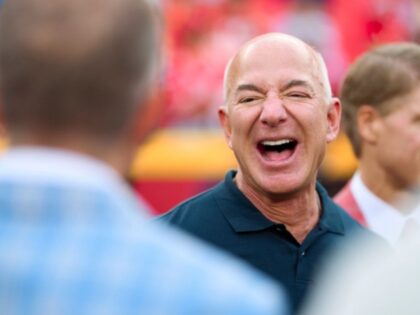
What if the Federal Reserve declared a restrictive monetary policy and no one heard it?
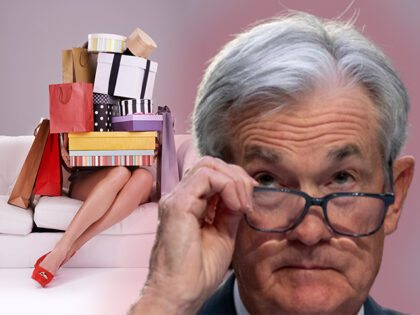
Consumer demand remains much stronger than expected despite a record pace of interest rate hikes from the Federal Reserve.
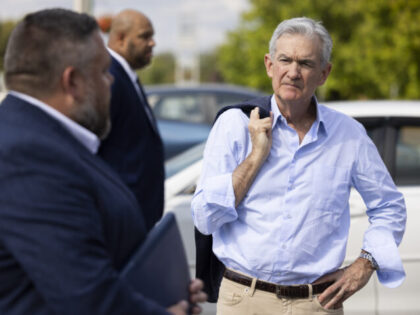
Americans spent far more at gas stations in August as fuel prices skyrocketed, pushing retail sales far above expectations.

Retail sales surged by much more than expected in July, raising the risk of a revival of inflation.
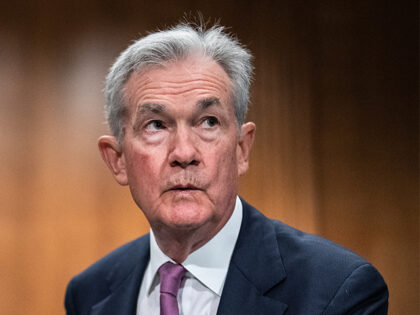
The poet James Russell Lowell described June as the “high tide of the year.” The June retail report showed that the tide washed something ashore for everyone last month.

The headline figure missed expectations but the control group exceeded expectations.

Goldman Sachs downgraded its 2023 growth forecast for China from 6% to 5.4% on Sunday, joining financial institutions like UBS, Bank of America, Nomura, and JPMorgan that have made comparable downward revisions to their China growth forecasts over the past few weeks.
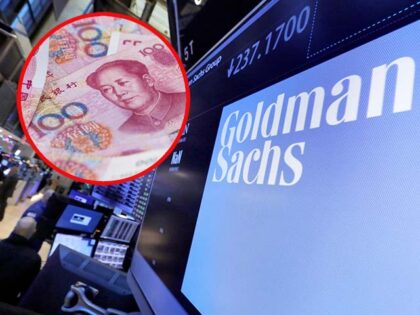
Stronger retail sales, however, could add further fuel to the inflation fires burning through the U.S. economy.

A woman in Tyler, Texas, who worked for nearly 74 years at the same store is retiring, and her loved ones could not be more proud.
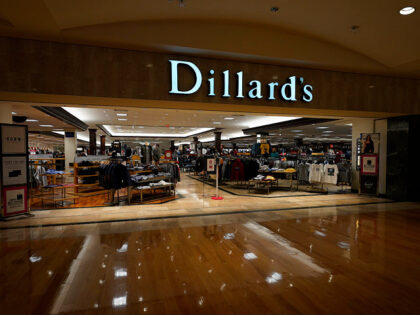
Modelo Especial has claimed the title of the top-selling beer in America.

Excluding autos and gas stations, retail sales beat expectations in April.

A dramatic decline in sales tax revenues from pre-pandemic levels is a sign of the ongoing retail collapse in downtown San Francisco, the result of a pandemic exodus, as well as mass looting events and urban decay.
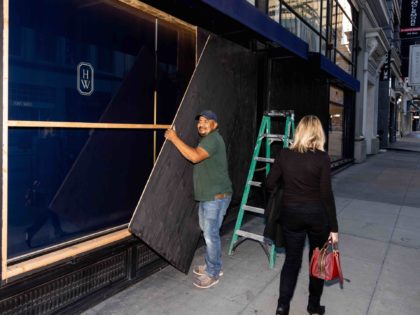
Excluding auto dealers and gas stations, sales declined by less than expected in March.

U.S. retail sales decreased slightly less than half a percent in February after jumping a revised 3.2 percent in January.

The economic data this week — including the acceleration of consumer prices — all scream “no landing. But, as we have been warning, no recession now or in the near future likely means more persistent inflation and a worse recession later.

Americans started the year by spending far more than expected at retail businesses.

It’s likely that retail sales grew by more than expected as the year kicked-off.

Weaker-than-expected holiday sales led to deeper discounts from retailers, wholesalers, services businesses, and producers.
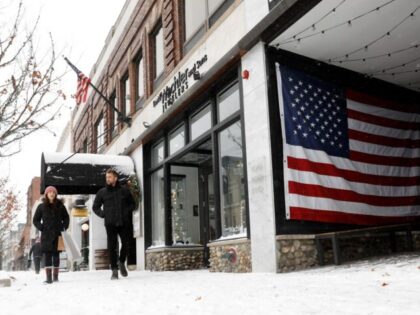
December sales were much lower than expected and November was revised down sharply.

Holiday sales rose this year as American spending remained resilient during the critical shopping season despite surging prices on everything from food to rent, according to one measure.

With retail sales coming in below expectations, why aren’t more workers being laid off?

Consumer spending softened much more than expected in November.
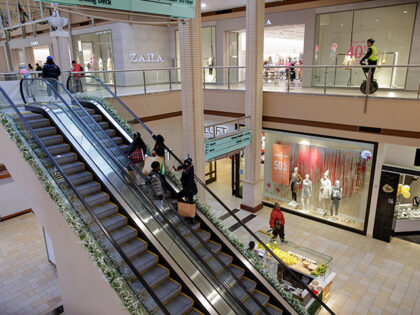
The buzzword this Black Friday is “muted.”
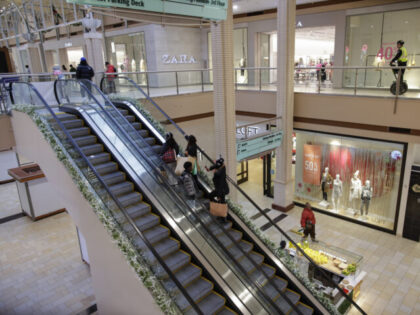
Expectations for retail sales are still high this year. Will declining consumer sentiment throw a monkey wrench into the works?

Here we go again. The Commerce Department on Wednesday said that consumer spending grew by 1.3 percent compared with September, when spending was unchanged with the prior month. Compared with a year ago, retail sales were up 8.9 percent. Total

China’s state-run Global Times on Thursday bemoaned the collapse of demand from Western countries for “festive products for coming Halloween,” while taking some solace in brisk orders for “Christmas consumption.”

The acceleration of inflation in recent months and the very recent increase in gas prices appear to have pushed up consumer expectations of inflation for the near term and the longer run. U.S. consumers expect prices to rise 5.1 percent

Excluding restaurants and bars, retail spending fell 0.1 percent.
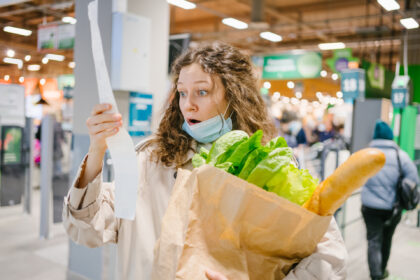
Retail sales outside of gas stations and car dealers were down 0.4 percent compared with April.
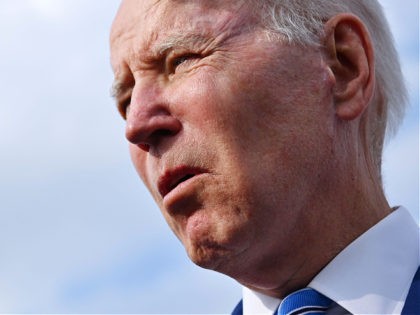
The cracks that have started to emerge in the post-pandemic recovery grew a bit more visible in the May jobs report.
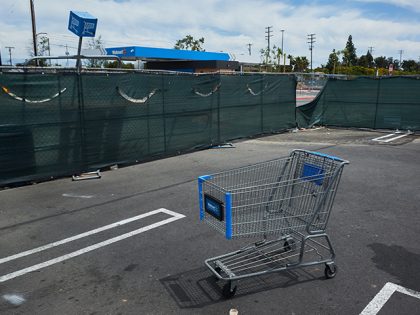
Holiday shoppers stayed away in December thanks to high prices and early shopping.
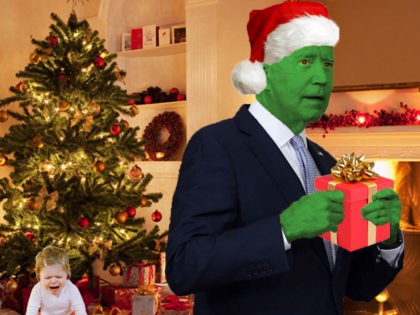
An industry group has said that German retail trade over Christmas has been ‘dramatically bad’ due to the country’s COVID Pass rules.
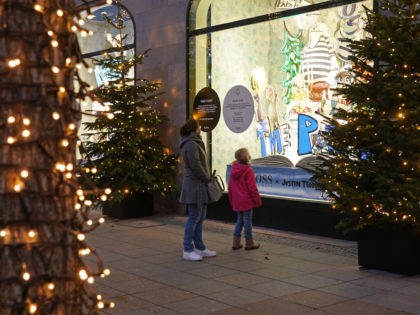
Many economists mistook early holiday shopping for consumer strength instead of concerns over inflation and supply chains constraints pulling shopping forward.
